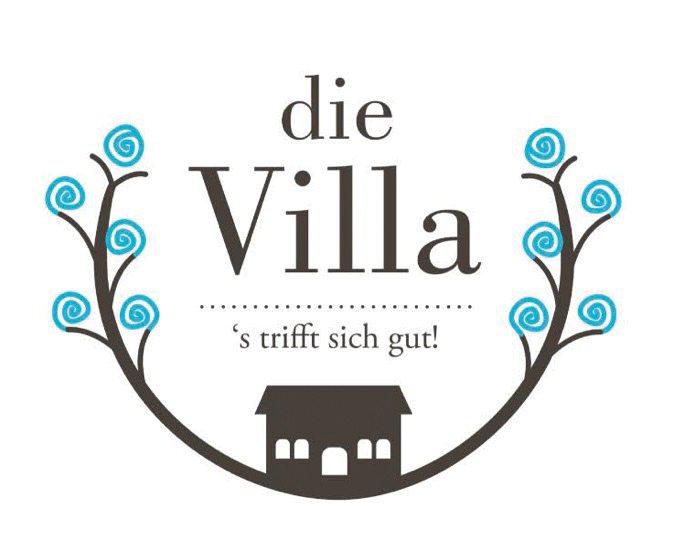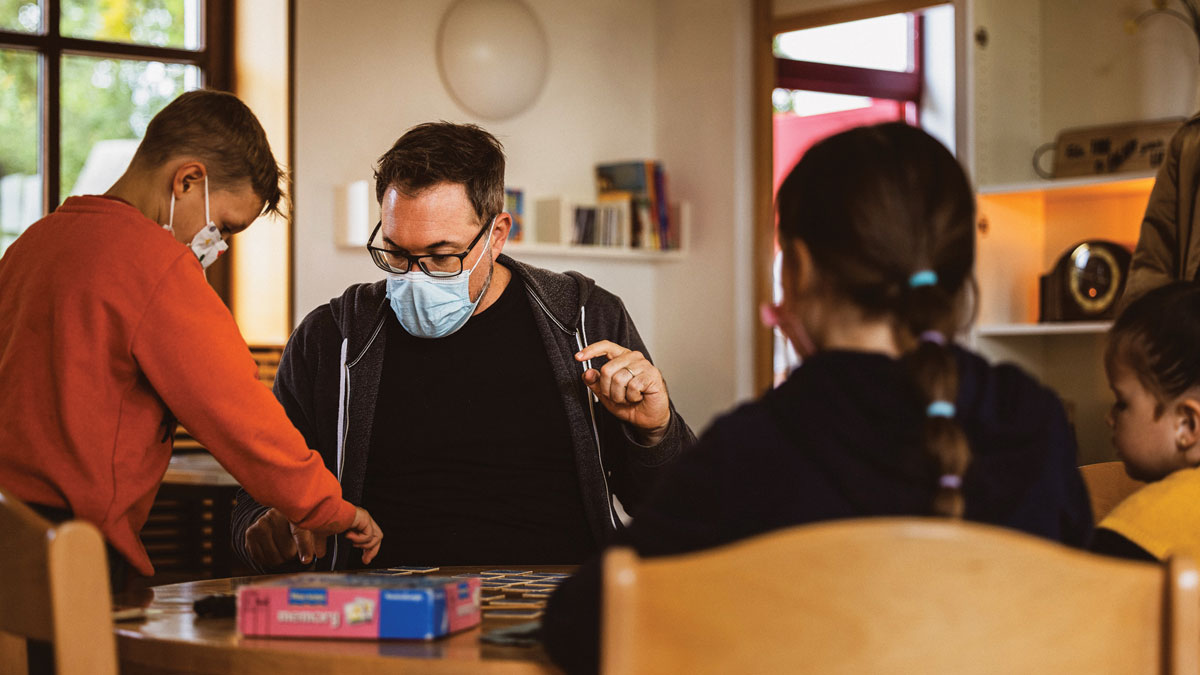A Vision for Creating Community
In an age of fragmentation, David and Rebekka Stutzman have opened a community center in Mannheim, Germany, and are finding surprising success.
Here in Mannheim, Rebekka and I are very aware of recent dramatic shifts in what community means and how it is experienced. We see it becoming reduced and fragmented as communities increasingly inhabit online space. Underlying questions and challenges appear as its place and scope in our daily lives shrinks. How is community built when no one has time and people are reluctant to commit because they are chronically overcommitted? And over it all, the ever-compelling question: What does it mean to belong?
Those of us for whom church has always been a part of life share language, identity, practices, commitments and rhythms that in today’s parlance would quickly be recognizable as a lifestyle. Yet, all this is so implicit within us that we have a hard time recognizing its singular significance. People around us are longing for community, but they are not turning to the church for this community. The offer must be made; we have to learn how to invite participation.
This has been our challenge over the course of the past few years. As church workers focused on starting and creating a new community in Mannheim, we have come to recognize the weight of these questions as, over the course of the past few years, we have invited people to participate in community. It is hard to build community!
But tucked away in the northwest corner of a poor and immigrant-dense part of Mannheim, in a small building next to the Protestant church is the Villa. This 2021 experiment of ours has turned into something that no one has expected: a community center bursting at the seams with life.

Under the motto “the living room open for everyone,” the Villa hosts a family cafe, game night, and outdoor program for children. It is a partnership between the Protestant Church and Kinderreich, the non-profit organization with which we have worked for the past few years. It is supported through donations, grants, and a network of volunteers associated with social services and neighborhood organizations. The Villa is open Thursday afternoon through Saturday morning, with other groups using it throughout the week: musicians, senior citizens, nursery care groups, and the Arab cultural club.
It is hard to explain why it has worked. It is “neutral space” even though it is adjacent to the church building. This proximity to and association with the church lends a certain familiarity and credibility. More significantly, many parish members have been catalyzed to help out and bring people to the Villa. The donation basis means a visit isn’t a commercial transaction, rather an experience akin to hospitality. Because of the open nature, homey feel, and kid-friendly atmosphere, people feel free to invite their neighbors and extended family members to enjoy the space. Word of mouth has been sufficient to keep it bustling.

David Stutzman plays a board game at the die Villa community center. Photo courtesy of David Stutzman
We are very pleased to be enjoying this partnership with the Protestant church. One appreciative member of the church recently noted that apart from the Villa, the church could be forced to close their doors in the coming years. Indeed, a new young reverend has started at this parish, drawn specifically by the community engagement he sees happening through the Villa.
We are grateful for these unexpected glimpses of renewal. The success we are experiencing demonstrates that it is possible for church communities to become engaged in building community for the community, where ultimately, the invitation is to a life with Jesus Christ and life in Christian fellowship. My hope is that we can start seeing community building and hospitality as part of our church life—natural ways of forming relationships, being present, and learning how to be missional in everyday spaces.
David Stutzman serves with his wife Rebekka and three children as networkers and church planters in Mannheim, Germany, in partnership with Mennonite Mission Network and the South German Mennonite Conference.
